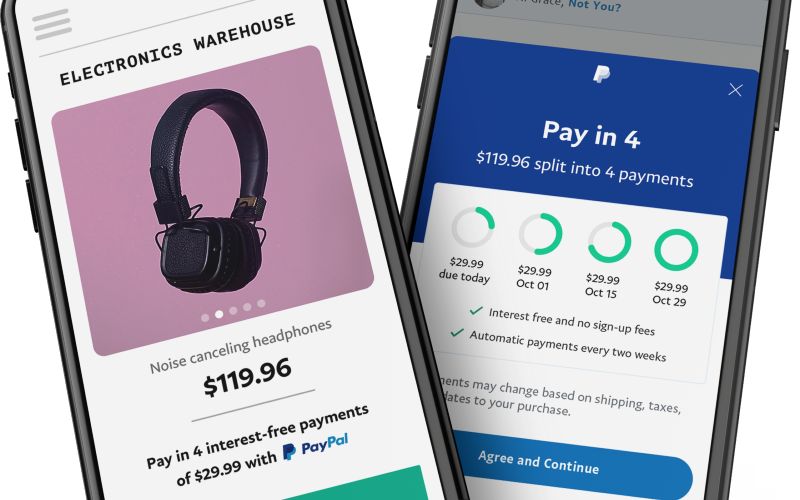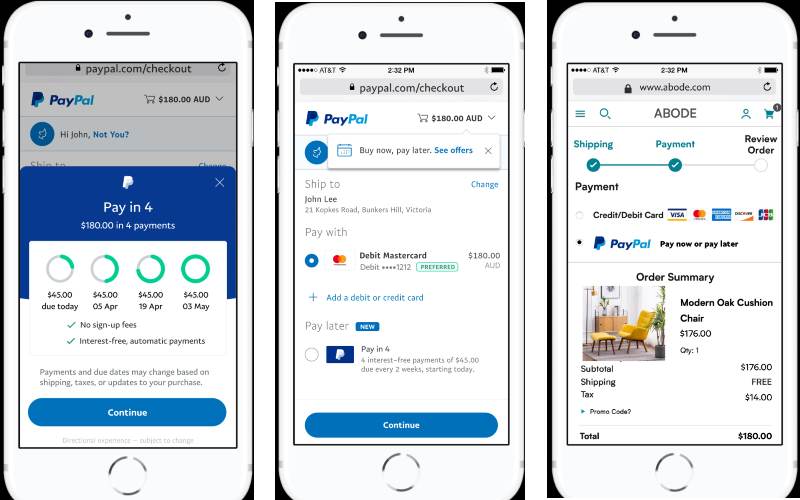Plenti has launched a new interest-free finance offering for households looking to purchase renewable energy technology, primarily solar panels and battery installations.
The consumer lender already funds more than $100 million worth of renewable energy loans, and added another $28.5 million in 2020 alone.
However, it previously offered a standard interest-bearing loan for such investments (6.50% p.a, 8.30% p.a comparison rate), while buy now, pay later (BNPL) companies were able to offer 'interest-free' options.
Plenti's new product should help it compete with the various BNPL platforms offering interest-free finance for renewables, such as:
- Brighte: the leading 0% interest fintech for solar and home improvements with more than $500 million financed to date.
- Humm: One of Australia's bigger BNPL players, which offers large credit limits up to $30,000, and sees a large number of solar and home purchases.
- Handypay: although technically a personal lender, it offers 12-month interest-free loans for $5,000 worth of home improvement purchases (and cheaper ongoing rates for green improvements)
Major Bank Commonwealth Bank also joined in last month, releasing a new 0.99% p.a Green Loan for renewable home improvements worth up to $20,000.
With more than two million households now invested in solar energy, Plenti has identified it as a key market opportunity, and previous research from Plenti shows 50% of current solar users want to invest in further renewable energy for their homes.
“The fact that so many green home Aussies want to invest even further in solar is a huge positive in times of economic uncertainty," said Louis Edwards, Head of Renewable Energy Finance at Plenti.
"To me this shows more people are realising the technology curve we are on, the benefit with new products like home batteries and the need to get in early to invest in their home energy future.”
See also: Rising energy costs a major concern for 96% of Australian households
According to Plenti CEO Daniel Foggo, it will aim to provide "regulated product-type standards to the buy now, pay later offering", following the news that the BNPL Code of Practice would only enforce self-regulation.
"We will do a credit check for every customer that takes [buy now, pay later] from us," Mr Foggo told the Australian Financial Review.
“This is a realisation that this is a permanent part of our financial landscape and a relevant form of finance that consumers will opt for.”
According to a Plenti customer survey, 99% of homeowners were satisfied with their green energy purchases, and the average monthly saving was said to be $175 per month.
The price of installing things like solar panels is generally high, often costing anywhere from $2,500 to $12,000 upfront depending on the size.
The monthly savings over time are meant to overtake the initial installation cost.
“Homeowners were frustrated with the price barrier to installing solar, while renters felt it was not an option for them at all. Increasing the accessibility of these technologies was seen as a key method for keeping costs down in the future,” Energy Consumers Australia (ECA) said.
See also: Energy saving tips for your home
How does Plenti's interest-free loan work?
According to Plenti, this loan will function in much the same way a standard personal loan does, with regular repayments made over a period of time, just without extra interest.
The loan will be available for up to $35,000 before interest charges apply, and comes with terms ranging from three to six years.
Under its former green loan interest rate, that would cost $3,618 in interest over three years, and more than $6,350 over six years.
But with 0% interest, the only extra charges would be the fees.
The product comes with a monthly fee of $5.99, an arrears fee of $10 a month and a direct debit dishonour fee of $25.
With no establishment or early termination fee, the only regular charge would be the monthly fee.
Over a six year interest-free period, that $35,000 would end up costing an extra $432 in fees, which is comparatively much cheaper.
How do these fees compare to other cheap and interest-free options?
Brighte, which says it finances one in 14 solar installations for households, allows customers to borrow $30,000 and repay it over six months to as long as five years.
Brighte charges a $1.50 weekly account keeping fee and a late payment fee of $4.99, which is capped at $49.90 each year (10 missed payments).
Humm's 'big things' payment plan for purchases up to $30,000 charges an $8 monthly fee, a $35-$90 establishment fee and a late payment fee of $6, so this one is a bit more expensive than the others.
Given Handypay only offers interest-free repayments for the first $5,000, this loan would also be more expensive in most cases, even before factoring in a one-off upfront fee of $250 and a $35 late fee.
Savings.com.au research shows the average upfront fee for personal loans is around $270, while the average monthly fee is about $2.
Most BNPL platforms on the other hand don't charge monthly or upfront fees, although the likes of Afterpay and Zip tend to have lower maximum credit limits than Humm's $30,000.
Photo by Moritz Kindler on Unsplash



 Brooke Cooper
Brooke Cooper

 Hanan Dervisevic
Hanan Dervisevic
 Rachel Horan
Rachel Horan
 Harrison Astbury
Harrison Astbury

